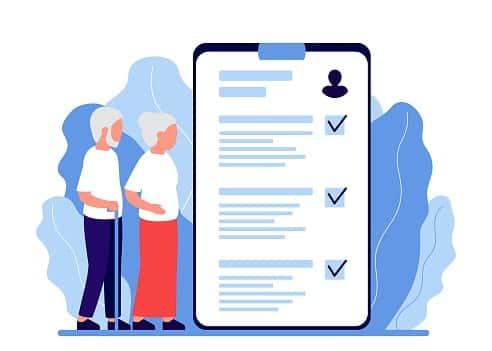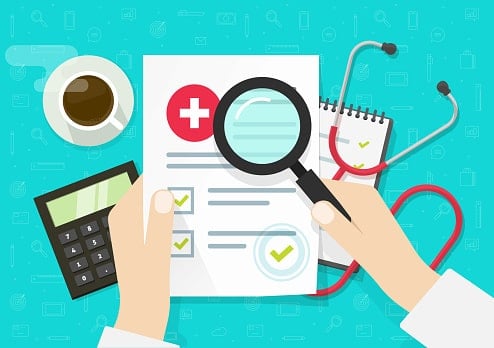Buying health insurance when you're self-employed
Since the ACA became law, health insurance for self-employed people has become much easier to obtain. You can't be denied coverage due to pre-existing conditions, or be charged more.
The ACA marketplace is available either through the federal health insurance exchange website or, in some states, a state marketplace. You can shop and compare plans to find the best combination of coverage and price. ACA plans come in four tiers:
- Bronze, with the lowest monthly premiums and higher deductibles and co-pays
- Silver, with higher premiums and lower out-of-pocket costs
- Gold, which has higher premiums but very low deductibles and co-pays
- Platinum, the most expensive plan option which has low or no out-of-pocket costs
You can also, if you qualify, buy a catastrophic plan. This type of plan has very low monthly premiums but a high deductible, and is meant for those who don't anticipate much need for medical care or who are facing financial hardship.
If you can't find a plan that suits you on the ACA market, there are other private health insurance options available on the open market. Be sure to consider not only the costs, but the type of network access you want.
Disability insurance options for self-employed people
Disability insurance is another important form of protection if you are self-employed. This type of coverage replaces a percentage of your income if you become ill or are injured in an accident that prevents you from working.
Such an interruption of income is more common than you may think. Forty-three percent of all 40-year-olds will have a disability event that lasts for 90 days or more by the time they turn 65, according to the Insurance Information Institute (III).
Like health insurance, most people purchase group disability insurance through their employer. That's not an option if you're self-employed, but you can buy a policy directly from an insurance company or financial planner. These policies generally will replace 50% to 70% of your income if you no longer can work.
For more information, see "All you need to know about health insurance" and "Why you need disability insurance."




